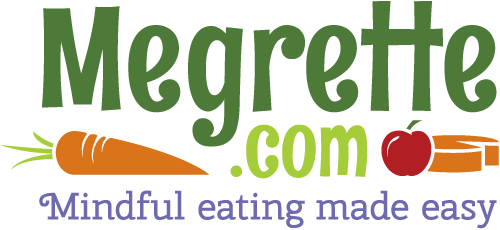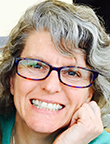Nutrition Without Dieting?
This April, I have asked myself what “Nutrition without Dieting” means. The recent Washington Post article (which I have intentionally not linked) doesn’t understand nutrition without dieting, nor have many of my bosses. This lack of understanding got me curious: Do other Registered Dietitians know? Do we, non-diet dietitians, know? This April newsletter explores how this question touches on the power of autonomy and how it is connected to more significant concepts, including stigma and oppression.
The Spirit of MI asks us to come into partnership, acceptance, and compassion and to evoke when working with clients. These are big concepts that require assistance to understand them fully. As you dig deeper into the many ways acceptance can be felt and experienced, you will find the concept of autonomy.
Granting permission, the “You Get To” part of our work has sent WaPo and many in the nutrition community on a witch hunt for people who practice from such a model. Since my adult children describe me as a “House Witch,” I know that there are angry mobs wanting to burn me in a public effigy. The thing is, there are a lot of professions that work from the stance of autonomy. Trauma, Recovery, DEI, Civil Rights, and Mental Health workers understand that autonomy is a foundation of counseling. Are Miller and Rollick, the creators of Motivational Interviewing, which is considered one of the most effective counseling models, wrong?
Granting permission is a step in the path of exercising autonomy.
“You get to.” becomes “I get to.” When a client takes ownership of their choices, their vantage point changes. Their inner teenager quiets, and now there is space for reflection. “If I get to (eat or weigh anything), and I don’t have to fight, defend, argue, sneak, or resist. This puts them facing much deeper questions: What do I want to eat? What do I need? What is kind and helpful for me right now? What is nutrition? What is more nutritious? “I get to” is permission to explore. It isn’t a set of fixed food choices or a predetermined weight but a back-and-forth of what is possible for each person. “I get to” fuels curiosity!
It isn’t hard to see how the lack of autonomy is part of the many oppressive systems woven into our society. Autonomy is disruptive because it changes how society views food, eating, and health. This disruption means that the healthcare provider is no longer the expert but a guide, a coach, and a supportive partner.
What if I don’t fully understand autonomy?
My response is, welcome to the club! I include myself in this group of humans who are learning and growing to understand autonomy fully. My white, thin privilege has and will continue to blind me to other perspectives. When I own this, I can stay in my lane and make space for my melanated, fat, queer, disabled, and neurodiverse peers so they, too, are supported to exercise their autonomy. When I do this, I am not afraid to grow personally and professionally.
Taking a step back, I understand that articles like the one written by the Washington Post get attention because they generate outrage by pitting one group against another. These articles amplify conflict to sell newspapers. I disagree with the Washington Post’s conclusion that a weight-inclusive approach is wrong. I will continue to offer my clients autonomy and let this discussion go on without me because I get to:
- Stop giving this story oxygen.
- Disagree without explanation.
- Practice nutrition counseling ethically, in alignment with my values, and so do you.

